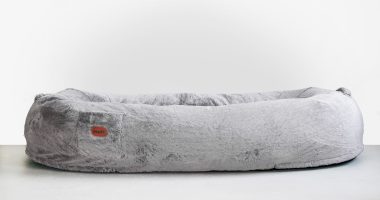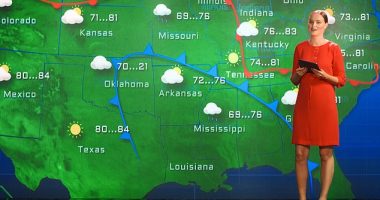
Theranos Inc. founder Elizabeth Holmes is sparring with federal prosecutors over an inaccessible database recording millions of the company’s blood tests, arguing the government can’t prove the test results were unreliable without the database’s information.
If Ms. Holmes’s argument is successful, prosecutors could be blocked at her criminal trial in July from presenting testimony from patients who government lawyers say received inaccurate test results from the company. Without broader Theranos results from the database, the witness testimony would be anecdotal and irrelevant, her attorneys said in court filings Tuesday, because prosecutors can’t show that the firm’s blood tests were less accurate than those from other companies.
Federal prosecutors said in a filing last month that their case “is hardly ’anecdotal,’” and that they will show Theranos’s reliability and accuracy problems through whistleblowers and federal regulator reports, along with patient stories. The Centers for Medicare and Medicaid Services said in 2016 that its inspection of Theranos’s lab found deficient practices that posed immediate jeopardy to patient health and safety.
Ms. Holmes, once a star Silicon Valley entrepreneur, faces federal charges that she defrauded investors and patients about her company’s technology, which purported to use just a few drops of blood from a finger prick to test for a variety of health conditions. The Wall Street Journal first reported in 2015 that the company’s proprietary technology was unreliable and that the company conducted most of its tests on standard blood-testing machines that it sometimes modified.
Ms. Holmes and prosecutors agree that the database, known as the Laboratory Information System, no longer exists. They disagree, however, on how that came to be, and whether its absence is damaging to the prosecution.
In her Tuesday filing, Ms. Holmes’s lawyers said the government knew about the database as early as December 2016 but never tried to use it during an investigation that led to the indictment of Ms. Holmes and Theranos Ćhief Operating Officer Ramesh “Sunny” Balwani in June 2018. Both have pleaded not guilty to charges of wire fraud and conspiracy to commit wire fraud.
Theranos gave the government a copy of the database on an encrypted hard drive in August 2018, both sides said in court filings. They also agree that soon after, Theranos employees and contractors dismantled the servers containing the original database, making it impossible to access. The company dissolved later in 2018.
Ms. Holmes’s attorneys argue that the government didn’t try to take possession of the original servers and didn’t hire an expert to try to access the encrypted hard drive for more than a year.
Prosecutors said the copy of the database on the hard drive was formatted in a way that wouldn’t give a clear picture of the information. More importantly, prosecutors said, they were never given a necessary encryption code to access it. Ms. Holmes’s lawyers acknowledge the missing password but don’t address why it wasn’t given to the government. Her attorneys didn’t respond to a request for comment Wednesday.
Ms. Holmes’s Tuesday filing asks a judge to block jurors from hearing testimony from 11 customers and 11 medical professionals who prosecutors said could provide testimony about their experience with erroneous results.
In one example the government has included in court filings, a doctor thought a patient was miscarrying after receiving a Theranos lab result, when a competitor’s test and ultrasound later showed she was six-weeks pregnant.
In the absence of wider statistics, such anecdotes are irrelevant and unfairly prejudicial, Ms. Holmes’s attorneys said.
“There is a certain amount of expected error in all laboratory blood testing,” the filing says.
Using such anecdotes, the lawyers say, would be like trying to prove a drug causes heart attacks by arguing that a handful of individuals out of millions who took the drug had a heart attack, something they say a court would never allow.
Ms. Holmes says the patient results the government plans to use are among seven million to 10 million total results that were generated by the company over the three years it tested patient blood.
“The government has not explained how it can prove that the at-issue blood tests resulted from a defect, as opposed to chance,” the filing says.
U.S. District Judge Edward Davila is being asked to weigh more than 20 requests on what jurors will be allowed to see at the July trial, including whether the government can use the regulator reports finding issues with Theranos labs and spreadsheets of customer complaints.
Write to Sara Randazzo at [email protected]
Copyright ©2020 Dow Jones & Company, Inc. All Rights Reserved. 87990cbe856818d5eddac44c7b1cdeb8







